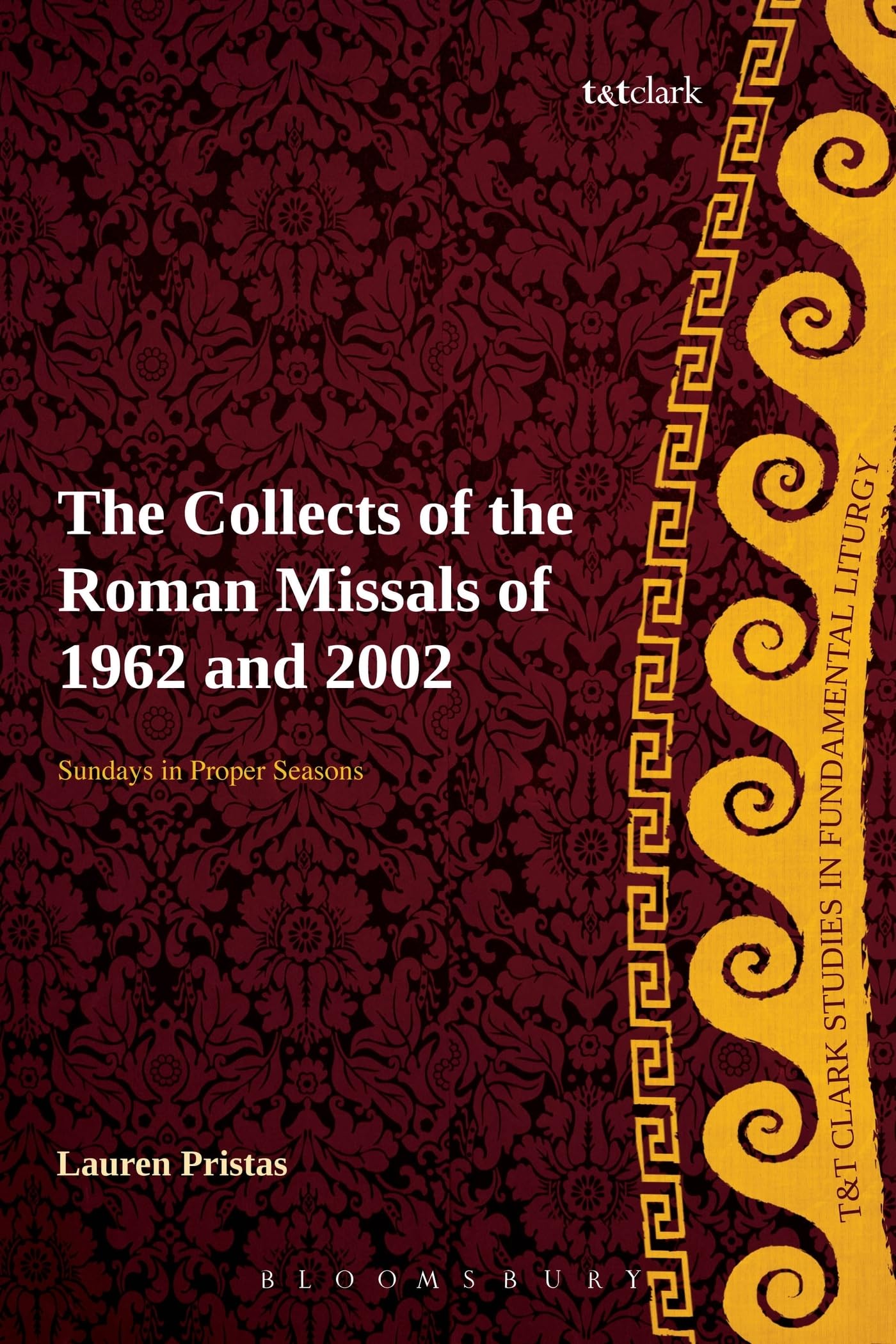

Full description not available
P**I
reading books like this one and Dom Alcuin Reid's "Organic Development" will ...
Professor Pristas has written here the definitive study of the Collects (what some refer to as the "opening prayer") of the old and new Roman Missals. She shows, patiently, carefully, and calmly, how very different (in most cases) the new Collects are from the old Collects, and how the redactors of the Pauline Missal explicitly admitted, in documents well cited by Pristas, that they were operating on the basis of a different theological understanding, one suited to modern man. Although her study acquires a reasonably size because she is looking at a fairly narrow band of evidence -- the Collect is, after all, only one small part of a larger whole -- the result is a rather devastating critique of the idea that the new Missal is in continuity with the doctrine and praxis of the old Missal. Yes, there are points of generic overlap, and the form and matter of the Sacrament remain, but "the devil's in the details," as one might say. Basically, if you want to keep holding to the illusion of continuity, no one will stop you; but if the truth of the matter is what you are after, reading books like this one and Dom Alcuin Reid's "Organic Development" will help you to see why the liturgical reform was a moment of stark rupture and discontinuity, and why we desperately need to heal that breach.
I**S
The Book follows a Plan that is easy to follow
"Collects of the Roman Missal" is a book I have been waiting-for for years. It shows up what has been lost, both in the Texts and the re-hash of Texts. The Collects are of the major Seasons of the Liturgical Year. To have the Latin Texts of the Pre-Vatican 11 Missal is a boon. The Book follows a Plan that is easy to follow; gives a history of the Latin texts- the more ancient the better they are. The Post Vatican 11 Missal has a different Mind-set. Change the Liturgical, spiritual and theological Background and the Collects are changed and the loss is there for all to see. My prayer is: back to the originals. The modern Collects lack the Liturgical formal mentality that is so necessary. Liturgical Praying is praying in union with the Mind of the church. Could I urge the Author to write another Book about the Collects "of the Year". Thanks for the Book. Ignotus
E**C
More than I thought
Scholarly and in more detail than I expected.
J**G
Excellent Scholarship, Well-Written
Lauren Pristas has written a careful and thorough analysis/comparison of the collects of the 1962 Missal (Extraordinary Form of the mass) and the collects of the Novus Ordo. While she points out critical differences and does draw some conclusions, her very clear presentation allows the reader to draw their own conclusions and make their own judgements.This is a wonderful resource for students of the Catholic liturgy. But it is also enlightening for any Catholic who cares about what we pray and how it affects our faith and our relationship with God.
C**C
Great book; needed for a long time
Having read all the precursor articles, I have waiting for this text for what seems like forever. It was worth the wait. Dr. Pristas approaches the topic in a neutral, but clear fashion. I hope that people who read the text will get the full picture of the kind of damage that was done in the revisions of the collects. Can't wait for volume II.
S**Y
Well worth reading
Those who have followed this author's earlier publications need no introduction to the high quality of analysis and writing they will find here. Having her work brought together here in this book provides a very welcome summation. High recommended for anyone who is interested in the textual history of the collects in the Missale Romanum.
T**N
Despite the title, a captivating book
If you are at all interested in the reform or restoration of the Roman Rite, this book is a must read. I think it has classic potential.
M**Y
Three Stars
I ordered it by accident. I meant to order another book.
J**F
Essentiel pour comprendre la "réforme" liturgique.
Un ivre essentiel pour comprendre la différence entre la liturgie latine traditionnelle et celle qui a été fabriquée après Vatican II. (Muni de l'imprimatur.)
C**G
Five Stars
fantastic
Trustpilot
1 day ago
3 days ago